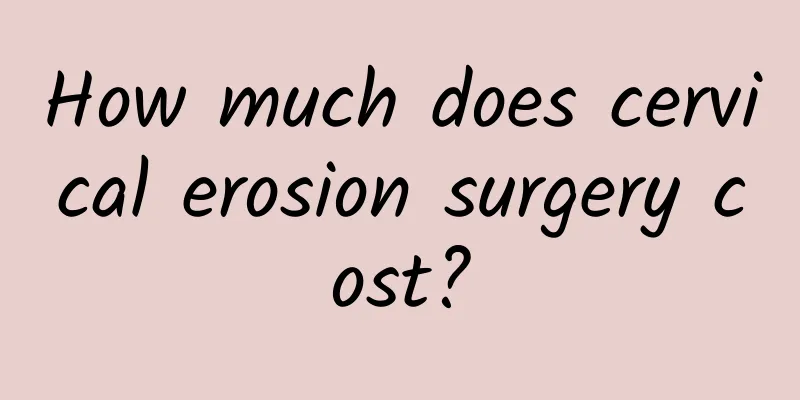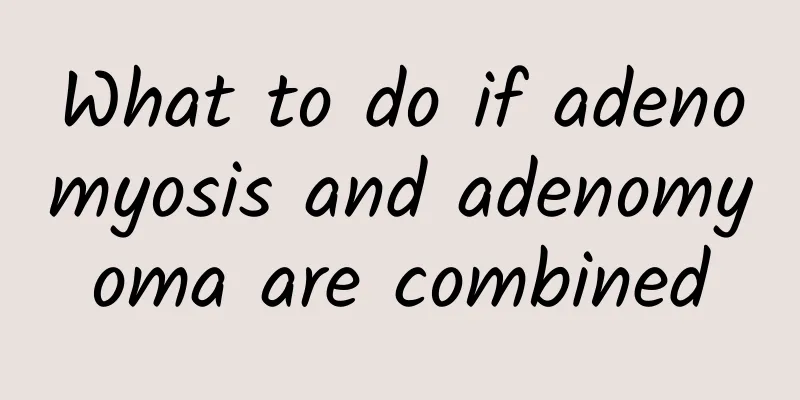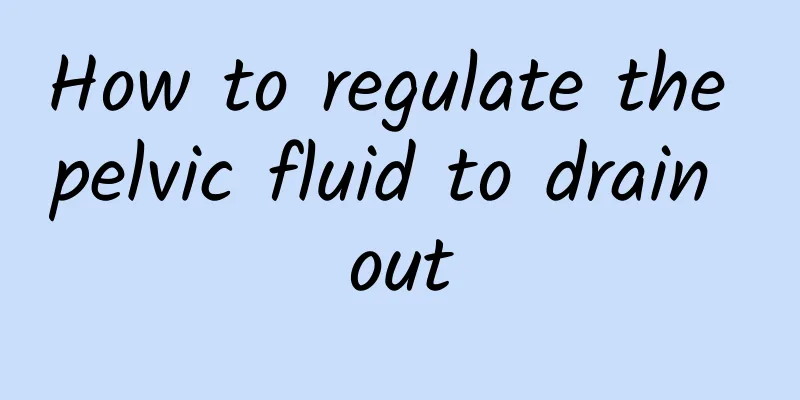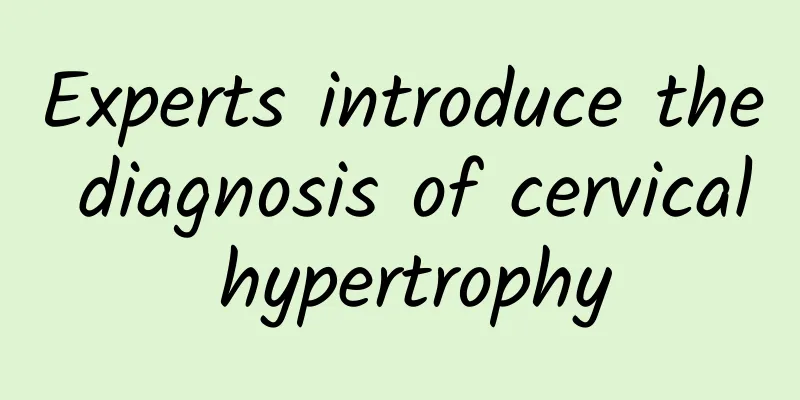What are the symptoms of left ovarian cyst
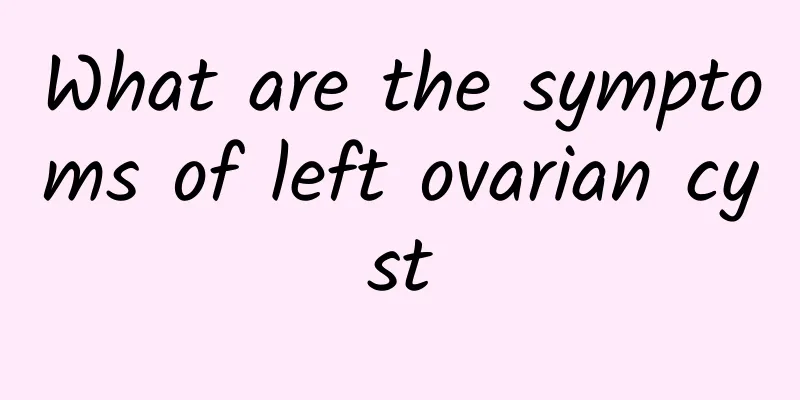
|
Symptoms of left ovarian cysts may include abdominal pain, irregular menstruation, lower abdominal mass, etc. Some symptoms are severe and require prompt medical attention. Understanding the specific manifestations can help early detection and take appropriate measures. 1. Abdominal pain and lower abdominal discomfort The most common symptom of a left ovarian cyst is abdominal pain, which is mostly concentrated in the left lower abdomen and may manifest as dull pain, distending pain, or severe stabbing pain. When the cyst is large or ruptures or becomes infected, the pain may intensify. Some people may experience nausea and vomiting, and in severe cases, abdominal discomfort may affect daily activities. If severe abdominal pain is accompanied by fever or low blood pressure, seek medical attention immediately. 2. Irregular menstruation Left ovarian cysts can affect hormone secretion and lead to menstrual cycle disorders, with common manifestations including prolonged menstruation, increased or decreased menstrual flow, irregular bleeding, etc. Some functional cysts may disappear on their own, but long-term menstrual abnormalities may indicate that the cyst is gradually increasing or there are other concomitant diseases. 3. Abdominal mass or bloating If the cyst is large, you may feel a lump in the left lower abdomen. Most of these lumps are soft and painless, but as the cyst continues to grow, you may experience significant abdominal distension and pressure, and even urinary urgency and other symptoms of difficulty urinating. Large cysts may also affect gastrointestinal function, leading to loss of appetite or constipation. 4Other symptoms In some cases, complications such as cyst rupture and pedicle torsion can cause severe symptoms, such as acute intra-abdominal hemorrhage or shock. A small number of people may experience breast tenderness, increased body hair and other disorders due to the secretion of hormones by the cyst. If you feel abdominal pain or menstrual abnormalities, you should go to the hospital as soon as possible for relevant examinations such as ultrasound examinations to determine whether there is a cyst. If confirmed, further treatment should be given according to the type of cyst and the condition, such as medication adjustment, laparoscopic surgery, or dietary support. At the same time, maintaining a healthy lifestyle can help prevent the condition from getting worse. If you experience severe abdominal pain or other critical symptoms, you need to see a doctor immediately to avoid delaying treatment. |
<<: What to eat for adnexitis cyst
>>: Are there any sequelae of uterine fibroids?
Recommend
Women should pay special attention to preventing vaginitis during menstruation
MicrosoftInternetExplorer402DocumentNotSpecified7....
What kind of inspection should be done for the flow of people?
Abortion mainly refers to artificial abortion sur...
Can cervical precancerous lesions be treated after giving birth?
How to treat maternal cervical precancerous lesio...
Early symptoms of ectopic pregnancy can cause women to have reduced blood volume
In gynecological clinics, many ectopic pregnancie...
Make smoothies with Lishan peaches! Low-calorie whitening and antioxidant
The hot July and August are the peak season for T...
What are the most common symptoms of pelvic inflammatory disease?
There are many diseases in the pelvic cavity, and...
What are the factors that cause vulvar leukoplakia?
What are the factors that cause vulvar leukoplaki...
What are the symptoms of moderate cervical erosion? 3 symptoms of moderate cervical erosion
Have you ever heard of cervical erosion? In fact,...
Pay attention to the symptoms of Trichomonas vaginitis
Pay attention to the symptoms of Trichomonas vagi...
Abortion is no small matter, and you need to be aware of these three misunderstandings!
As young people's views on human nature becom...
Inspection items and hazards of Bartholinitis
Nowadays, there are more and more methods to trea...
How is female cervical erosion graded? What are the main symptoms of female cervical erosion?
Cervical erosion is one of the common gynecologic...
This is great for gaining muscle and losing fat! What is Turkish Yogurt Egg Salad? Nutritionist teaches you DIY
What should you do if you want to successfully lo...
[Video version] Give your liver a refreshing boost! 2 essential fat-reducing teas to eliminate fatty liver
When losing weight like crazy in the summer, in a...
Choosing the right time for painless abortion is important for women
Many people do not know how long after pregnancy ...


